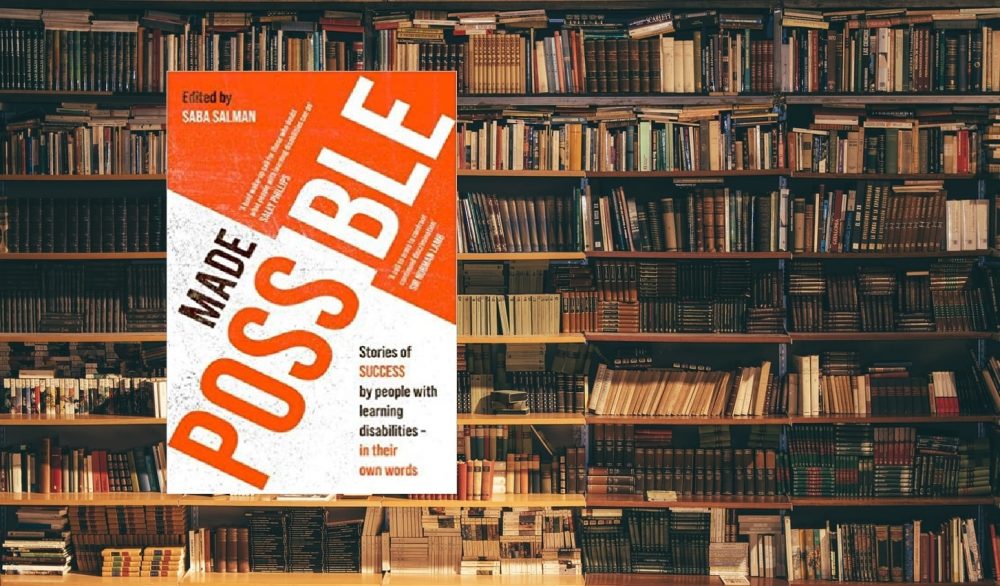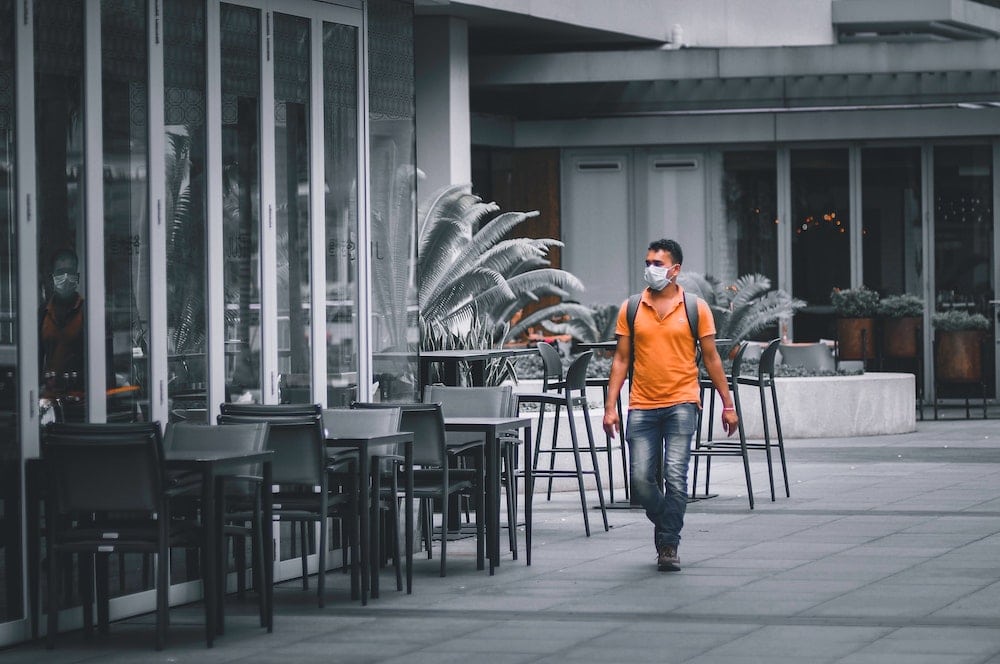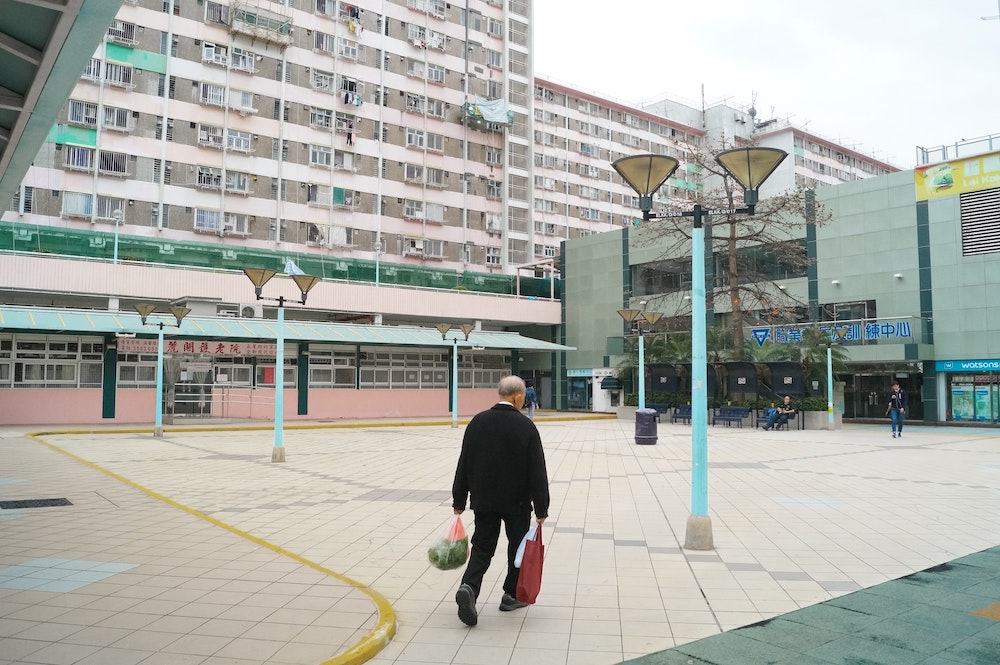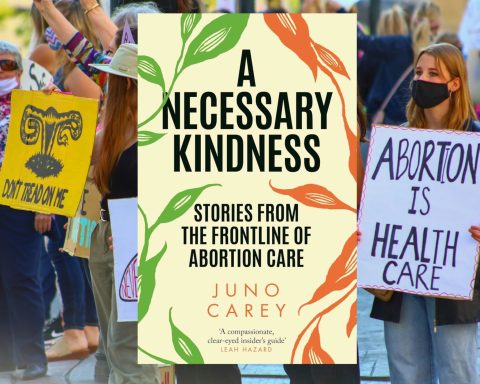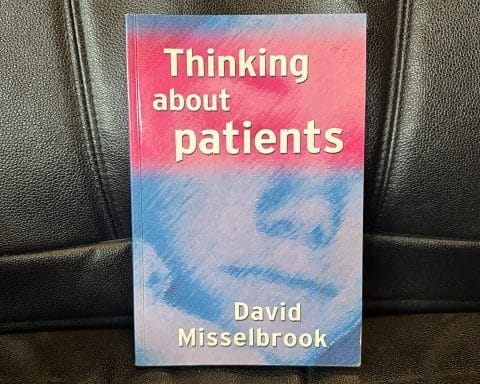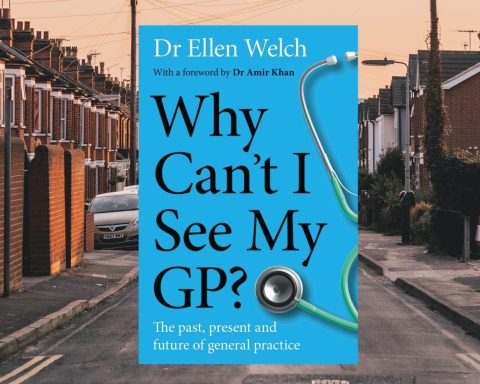Anna Goyder is a GP in Surrey.
In Made Possible we are given a rare opportunity to hear stories of success directly from people with learning disabilities. In their own words, eight such individuals describe their achievements across a variety of careers and human rights campaigns. The authors include an elected UK mayor, an acclaimed British actor, a singer-songwriter, an artist, a filmmaker and a paralympian. Each share their stories with an emphasis on the factors that helped them to succeed.
In the opening chapter the book’s editor, Saba Salman, details the appalling historical mistreatment of people with learning disabilities, as well as the challenges faced today. Whilst recounting the experiences of her younger sister who has fragile X syndrome Salman reflects on the empowerment and the personal achievements she witnessed when her sister was well supported, and the uphill struggle to try to access such support.
The stories are well-written, entertaining and moving. I felt sadness and anger on learning about the injustice, prejudice and abuse endured by many. Ultimately though it is a book of hope, humour and celebration, acknowledging the contributions that people with learning disabilities can make to society with the right support. As one of the authors observes, ‘no one really acknowledges that all of us – whether or not we have a learning disability – need support of some kind. It’s just the amount that varies’.
All of us – whether or not we have a learning disability – need support of some kind
Salman herself writes that ‘Success is something we all aspire to and we all have help to achieve, regardless of our abilities… there needs to be a far greater acknowledgement that it applies to everyone, and that it can take on many forms’.
Several of the authors describe their harrowing experiences in long-term residential care, often far from their homes and support networks. A theme throughout the book is the value of independence. Many contributors discuss the positive impact of having freedom to make their own decisions instead of being treated as children. I found myself reflecting on the relevance of this to our work in general practice. We pride ourselves on offering patient-led care, but I wonder how successful we are at this with our patients with learning disabilities. Forming a rapport and encouraging an open dialogue in the 10 minute consultation can be difficult, especially if conversation is directed disproportionately toward relatives and support workers rather than the patient. When seeing patients with learning disabilities, are we as likely to ask their ideas, concerns and expectations, or do we default to a more paternalistic practice? In Made Possible, Salman helps us challenge perceptions of people with learning disabilities as vulnerable or dependent, and the book serves as a prompt for us to consider what more we can do to promote autonomy in this patient group.
Salman helps us challenge perceptions of people with learning disabilities as vulnerable or dependent
The book’s recent publication is timely. People with learning disabilities have been disproportionately affected by COVID-19, both in terms of excess mortality and the difficulties that social distancing practices may present.2 This includes the recent changes in primary care, such as the increased use of telephone and video consultation, which many patients will find challenging. The stories of success in this book are an inspiring source of motivation to do what we can to support and help empower our patients with learning disabilities.
Featured book: Salman S. Made Possible. Pub: Unbound. May 2020. ISBN-10 : 1783528265
References
1. Mosher W, Bloom T, Hughes R, Horton L, Mojtabai R, Alhusen JL. Disparities in receipt of family planning services by disability status: New estimates from the National Survey of Family Growth. Disabil Health J. 2017;10(3):394-399. doi:10.1016/j.dhjo.2017.03.014°
2. Alexander, R., Ravi, A., Barclay, H., Sawhney, I., Chester, V., Malcolm, V., Brolly, K., Mukherji, K., Zia, A., Tharian, R., Howell, A., Lane, T., Cooper, V. and Langdon, P.E. (2020), Guidance for the Treatment and Management of COVID‐19 Among People with Intellectual Disabilities. Journal of Policy and Practice in Intellectual Disabilities. doi:10.1111/jppi.12352°
Featured photo by Alfons Morales on Unsplash

